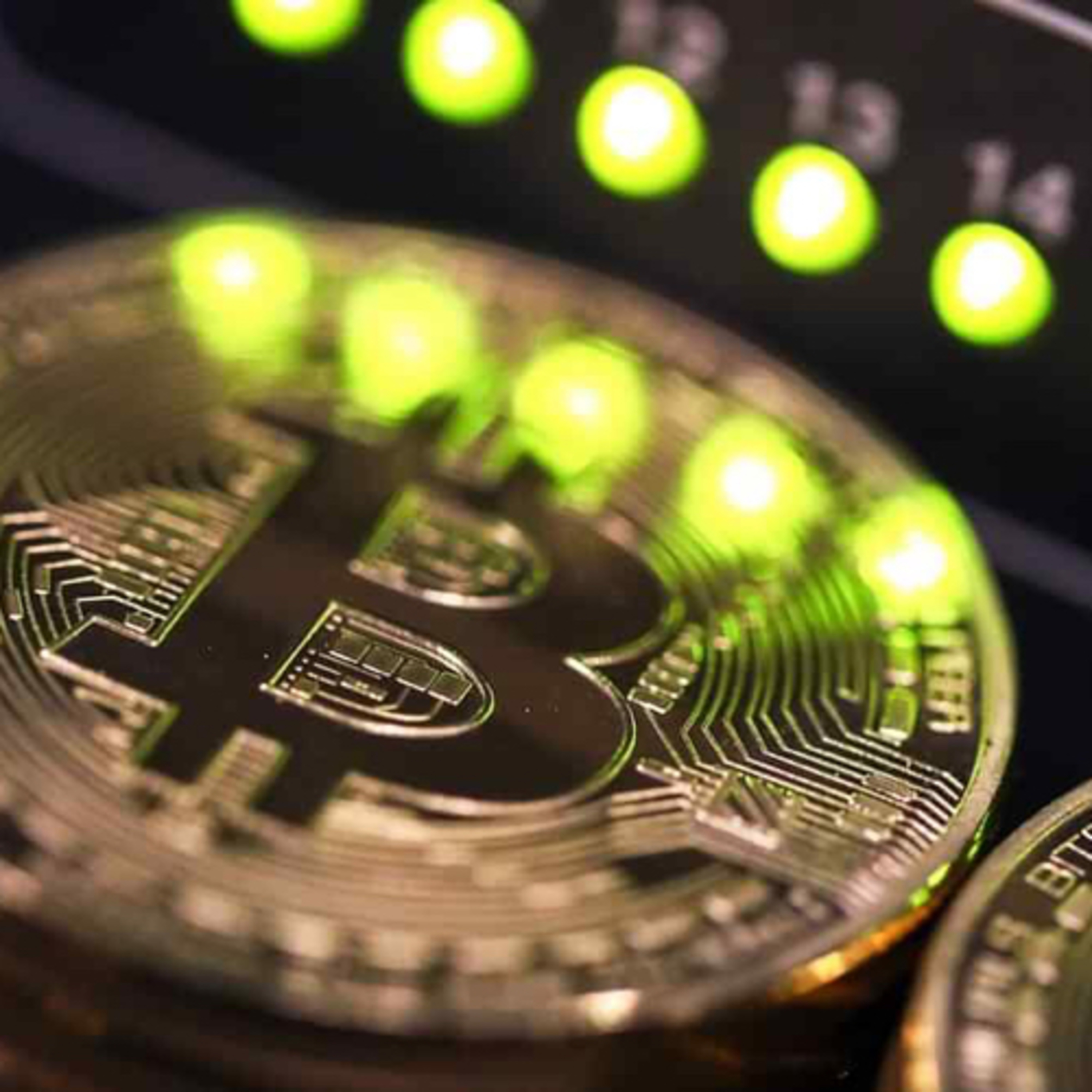Indias Crypto Investors weight option Ahead Of Impending Ban

b'The prospect of a fresh ban on cryptocurrencies in India has sent an army of crypto investors scrambling to think of ways to protect or liquidate their holdings. This, as the government appears to be in final stages of bringing in a new legislation governing Bitcoin and other such tokens in India.\\n\\nOn Thursday, BloombergQuint reported that India will go ahead with a complete ban on investment in cryptocurrencies via domestic and foreign exchanges, after giving investors a transition period of three-to-six months. The full contents of proposed cryptocurrency bill are not in public domain.\\n\\nWhile there is no official data available, the three largest crypto-exchanges\\u2014WazirX, Unocoin and CoinDCX\\u2014claim that there are anywhere between 60 lakh to one crore cryptocurrency holders in the country with holdings of over Rs 10,000 crore.\\n\\n\\nThese crypto investors are looking at options ranging from \\u2018self-custody wallets\\u2019 to transferring and selling their tokens. To be sure, provisions included in the upcoming legislation, once detailed, will eventually guide these choices.\\n\\nOption 1: Move Towards \\u2018Self-Custody\\u2019 Wallets\\n\\nOne option being explored by crypto investors is to move their holdings into \\u2018self-custody\\u2019 wallets.\\n\\nThis means that investors could either store their digital wealth in a hard wallet, which is a small digital device like a USB drive, microSD card or a smart card. This device stores the investor\\u2019s private bitcoin key/s and can be locked away at a safe place or sent to a friend or relative. Some of the popular hardware wallets for storing bitcoins include Ledger, Trezor, SafePal and BitLox.\\n\\nFurther, there are online self-custody wallet services provided by global firms such as Blockchain, Electrum and MetaMask, among others. Youtuber Aditya Singh, who runs a channel called \\u2018Crypto India\\u2019, told BloombergQuint that many cryptocurrency investors have reached out with queries on how they could stash their digital tokens away from cryptocurrency exchange wallets.\\n\\n\\u201cThere are multiple ways to do that (store cryptocurrency) but the easiest is to take the custody of your wallet,\\u201d said Singh. \\u201cInvestors who are worried that it might be end of the road for cryptocurrency in India are shifting their virtual currencies from exchange custody to self-custody online or hardware wallets,\\u201d he said.\\n\\nHowever, there is a caveat. If a cryptocurrency is transferred via a wallet that exists on an Indian exchange, authorities can track it down if they want. Even as the blockchain system is decentralised, the know-your-customer norms followed by the country\\u2019s exchanges require users to reveal their identity and that could be a way for authorities to trace it back to the person who holds cryptocurrency in the exchange\\u2019s wallet,\\u201d said Singh.'